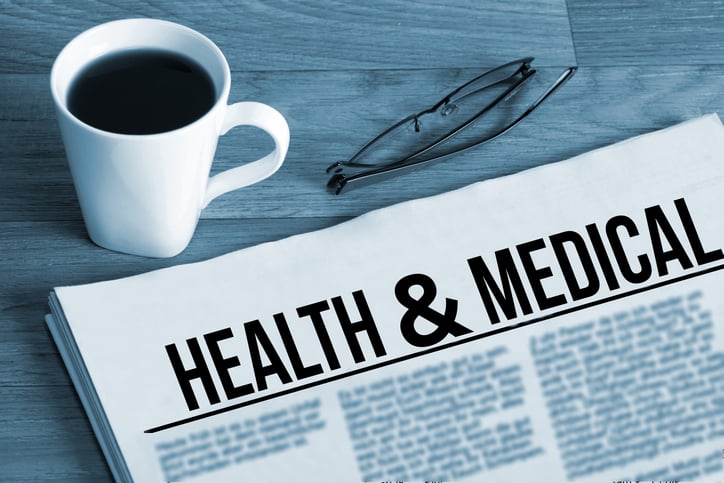
As the hurricanes and heat waves of summer give way to the storms and ice of fall and winter, emergency management agencies and first responders must turn their attention to preparing their community for common disasters. Most Americans will eventually face some sort of emergency—whether it’s a multi-day power outage, a natural disaster, or a terrorist attack. Yet few are well-prepared. This month in emergency preparedness, let’s take a look at what emerging research tells us about disaster preparation and how your agency can close preparedness gaps.
Older Americans Are Unprepared for Emergencies
Seniors are more vulnerable to infections, illnesses, mobility problems, and more when disaster strikes. Yet few are prepared for emergencies, according to a new poll. The poll found that many seniors think they are well-prepared for an emergency, but have not taken key steps such as signing up for national warning systems. Your agency can intervene to help with a number of strategies, including:
- Senior outreach programs that inform seniors about specific programs, such as electrical power assistance for seniors who rely on medical devices.
- Local emergency alert systems.
- Local senior support programs, such as warming centers or senior activity centers.
Every senior in your community needs to know where to go and whom to call if they need help or there is a disaster. The right communication strategy ensures every senior becomes well-informed and highly prepared.
Falls Lead to Rapid Declines in Seniors
More than half of seniors who visit emergency departments following a fall suffer additional adverse health events, including death and rehospitalization, within six months of the fall. This suggests that fall avoidance should be an important goal for emergency prevention. Moreover, first responders may want to follow up with seniors who have recently suffered a fall, because increased health support may reduce the risk of serious health consequences. Offering fall awareness seminars, supporting seniors to make their homes more accessible, and installing senior emergency alert systems may further reduce the risks seniors face.
Child Deaths More Prevalent When Hospitals Unprepared for Pediatric Emergencies
When hospitals are unprepared for pediatric emergencies, the child death rate rises, a new study finds. The study used scores from the National Pediatric Readiness Project to assess quality care for pediatric emergencies. First responders should know that it matters which hospital they take a child to, and should choose well-prepared hospitals whenever possible. In areas where hospitals are consistently unprepared for pediatric emergencies, first responders may have to play a more proactive role in lobbying for better preparedness and honing their own pediatric emergency care skills.
Visible Public Health Leadership Can Boost Vaccine Rates
Low vaccine rates increase the risk of disease, especially during natural disasters. Researchers have looked at numerous strategies for boosting vaccine rates. One option is simply implementing more visible public health leadership. Health authorities must take strong stances on vaccines and compassionately explain to the public why vaccines are necessary. Your agency can participate in achieving this goal by answering vaccine questions without judgment, scheduling vaccine town halls, or making necessary vaccines free and publicly available.
In-Person Seminars Improve Disaster Preparedness
In an era of social media and rapid text communication, it’s tempting to send out a quick message and hope for the best. However, a new study suggests there’s no substitute for in-person communication. Researchers found that face-to-face workshops are highly effective at prompting families to enact specific disaster preparedness strategies. Your agency can increase its public profile with such workshops. Not only will you increase public disaster preparedness, but you’ll also get to know the people you serve and become a trusted ally to the people who need you most.
Respiratory emergencies are among the most common reasons people seek emergency care. All agencies must be prepared to handle these emergencies, even in disaster, patient surge and mass casualty scenarios. A portable emergency suction machine enables you to protect the airway without moving the patient, even when there’s no power. For help choosing the right suction machine for your agency, download our free guide, The Ultimate Guide to Purchasing a Portable Emergency Suction Device.













